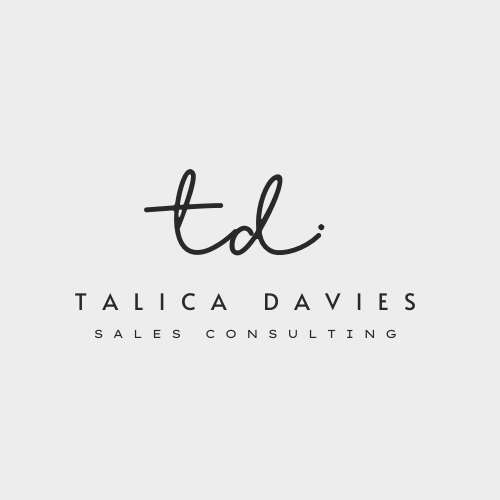Assume Less to Close More
Meet Cindy. Cindy is an expert in confidence and provides valuable training programs for women in corporate that focus on the mindset and practical strategies necessary to feel more confident and get the visibility, recognition and compensation they deserve. She's helped her clients achieve great results, yet her own results when it comes to filling her training programs are sub par.
I asked Cindy to describe the process she was using to attract leads and close registrations. Upon some digging it became clear that Cindy was making a critical error in sales and marketing: she was assuming her prospects were problem aware. She assumed that they had already identified that a lack of confidence was standing in the way of their next promotion or raise, and all her communications were targeted towards women who knew they lacked confidence, but didn't know what to do about it. This was a mistake for two reasons. First, confidence (or lack thereof) is intangible, and sometimes insidious. We humans are alarmingly good at developing self preservation mechanisms that keep us playing small, and because a lot of the women Cindy was targeting and working with are smart - they had cleverly crafted courtroom worthy arguments to rationalize why they weren't doing certain things. They didn't see themselves as lacking confidence. Second, Cindy was missing a golden opportunity to educate and help her market.
If you market to leads who are problem aware, what happens to the millions of leads who aren't yet problem aware, but desperately need what you offer?
I speak with women entrepreneurs day in and day out about growth. Too often these women aren't experiencing the results they should, given their level of expertise and the quality of the services they provide. But that's the problem with expertise - as the expert you are both problem and solution aware. Most times your market is not. It's your duty to use your marketing to educate your people and to position your offerings to them in a way they understand, and see themselves needing.
When it comes to communicating with your market, there are 5 stages of awareness:
Problem unaware - person is unaware they have a problem
Problem aware - person knows they have a problem, but are unaware of solutions
Solution aware - a person knows there are solutions, but hasn't chosen one yet, and doesn't know about yours
Offer aware - a person knows about your offer, but isn't totally sure it solves their problem
Most aware - a person knows about your offer, is on the cusp of buying, but they need more details.
Your ability to generate quality leads and close more sales depends on how well you can identify which stage of awareness your prospect is in, and communicate accordingly. If you skip a step, you'll see this reflected in your conversions.
If you're looking to make an impact with your market and to drive business growth with ease, quit making assumptions about the awareness levels of your market. Instead, educate your market about the problems they are experiencing and reinforce the promise that your offerings are the solutions they need. If you'd like help capturing the problem your most valuable clients have, communicating that problem to them in a way they identify with and elegantly tying the solution back to your offering - reach out!
